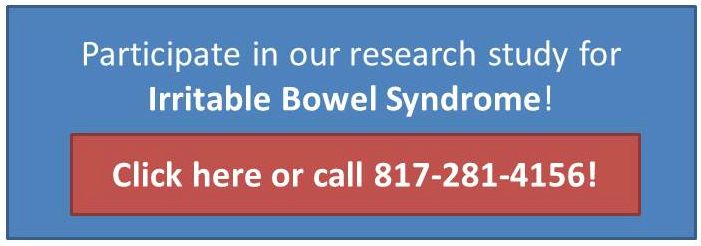
There are a lot of people who suffer with migraine headaches, and if you are one of them, you know how horrible they can be. For some of us, one migraine can be debilitating for days and leave us unable to function in the slightest ways. Along with taking prescribed medications, there are some ways that you can prevent your migraines from occurring or at least reduce the number of times they happen. You can do this by learning your triggers and knowing what to avoid.
Types of Migraine Triggers
There are many different types of migraine triggers. Some people who have migraines say that certain foods, perfumes, flickering lights, and weather changes can trigger a migraine or a series of migraines. Learning your triggers is one of the most effective ways to reduce your migraine frequency.
Food – There are a lot of different foods that can trigger a migraine. Here are a few of the most common foods that you may need to avoid if you have migraines.
- Ripened cheeses
- Chocolate
- Marinated, pickled, or fermented food
- Foods that contain nitrites or nitrates or MSG
- Sour cream
- Nuts, peanut butter
- Sourdough bread
- Broad beans, lima beans, fava beans, snow peas
- Figs, raisins, papayas, avocados, red plums
- Citrus fruits
- Excessive amounts of caffeinated beverages such as tea, coffee, or cola
- Alcohol
Menstrual Cycle – Many women claim that their menstrual cycle causes flare ups in their migraines and can actually cause them to be more frequent. Great a great solution to migraines that occur during the menstrual cycle is to be placed on a birth control that prevents periods, or that makes them occur less frequent.
Perfumes and Air fresheners – Anything with a scent can trigger a migraine in people who have a history. Avoiding areas where these smell occur regularly can help you avoid flare ups, such as department stores.
Stress – One of the most commonly known migraine triggers is stress. Most of the people who suffer from migraines are highly reactive emotionally, even if they don’t show it. Anxiety, sadness and worry can trigger a migraine. So can the relief of these emotions. Which is why most people who work in a high pace, high stress field experience weekend headaches once the stress is gone.
Don’t Just Avoid All Triggers
Not all of the things on this list are triggers for everyone. They are innocent until proven guilty. Just because you notice that a piece of chocolate triggers your migraines, doesn’t mean it always will. The trigger may involve more than just the chocolate itself. The chocolate combined with emotions and weather can trigger a migraine, while the chocolate alone does not. When you have a migraine, make sure to write down everything that is going on. What were you doing? How were you feeling? What was around you?
You may just find that your trigger is a eating a piece of chocolate when you are stressed and on your period. Others may find that chocolate right before it rains triggers a migraine.
Keep a journal of this information to find if it is consistent and to learn what to avoid. Share your journal with your physician so that he can provide the best options to treat your migraines.
Enjoyed this article? Try reading these as well . . .
3 Pill-less Remedies for Migraine Headaches
Is Your Diet Causing Your Migraine Headaches?





